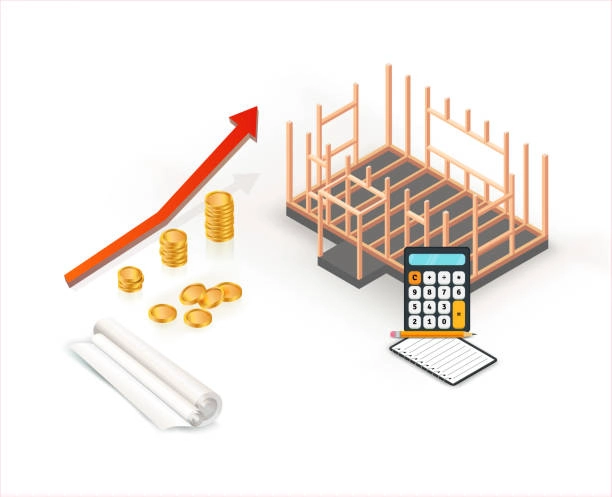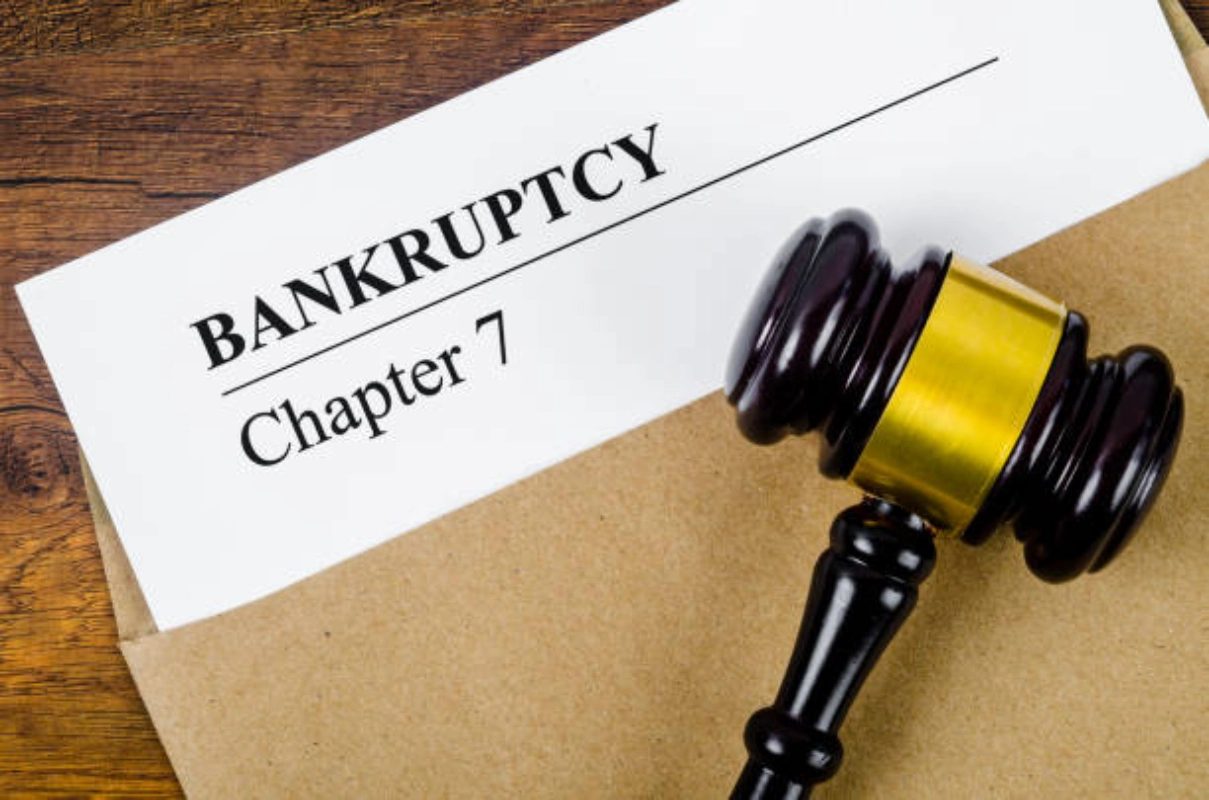Understanding Bankruptcy and Your Credit Score
Bankruptcy is often seen as a financial last resort, but it can provide relief to those drowning in debt. However, one of its biggest drawbacks is the impact it has on your credit score. Whether you file for Chapter 7 or Chapter 13 bankruptcy, the consequences can linger for years, affecting your ability to secure loans, credit cards, and even rental agreements in
San Antonio.
How Bankruptcy Affects Your Credit Score
When you declare bankruptcy, it gets recorded on your credit report for up to 10 years. The severity of the impact depends on your previous credit standing:
- If you had a high credit score (above 700), you may experience a significant drop—often by 200 points or more.
- If your score was already low (below 600), the impact may not be as drastic, but it will still limit your financial options.
- Lenders see bankruptcy as a red flag, making it difficult to get approval for new credit lines.
Short-Term Effects of Bankruptcy
- Immediate drop in your credit score.
- Difficulty obtaining new loans or credit cards.
- Higher interest rates on any approved credit.
Long-Term Effects of Bankruptcy
- A bankruptcy record remains on your report for 7-10 years.
- Can affect employment opportunities if the job requires financial responsibility.
- Higher security deposits on utilities, rent, and insurance.

Steps to Rebuild Your Credit After Bankruptcy
Filing for bankruptcy isn’t the end of your financial journey. Here’s how you can start rebuilding your credit in
San Antonio:
1. Review Your Credit Report
Check your credit report for errors and ensure all discharged debts are marked correctly. You can get a free credit report from
AnnualCreditReport.com.
2. Apply for a Secured Credit Card
A secured credit card requires a deposit, making it easier for lenders to approve you. Use it responsibly to build a positive payment history.
3. Make Payments on Time
Late payments can further damage your credit. Set up automatic payments to avoid missing due dates.
4. Use Credit Wisely
Keep your
credit utilization below 30% to show responsible credit management. This helps in gradually increasing your score.
5. Consider a Credit-Builder Loan
These loans are designed to help people rebuild credit. Local banks and credit unions in
San Antonio offer options tailored for individuals recovering from bankruptcy.
6. Diversify Your Credit Mix
Having a mix of credit accounts, such as credit cards and installment loans, shows lenders you can manage different types of debt responsibly.

Ready to connect with top legal professionals? Get immediate support— Call us at 877-550-8911.
Connect with Our Legal Team
How Long Does It Take to Recover?
The time it takes to recover depends on how actively you work on improving your credit. Generally:
- 1-2 years: You may qualify for unsecured credit cards with high interest.
- 3-5 years: You can start seeing a noticeable improvement in your score.
- 7-10 years: The bankruptcy mark is removed from your credit report.
Exploring Other Debt Relief Options
If you’re considering legal options, check out our guide on
Debt Settlement vs. Bankruptcy to understand which is right for you.
For legal insights, learn more about
bankruptcy laws in Texas from U.S. Courts.
FAQs About Bankruptcy and Credit Scores
1. How much will my credit score drop after filing for bankruptcy?
The impact varies, but expect a
100-200 point drop, depending on your prior credit score.
2. Can I get a mortgage after bankruptcy?
Yes, but you may need to wait
2-4 years and rebuild your credit before qualifying for a home loan.
3. Will all debts be erased in bankruptcy?
Not necessarily. Some debts, like student loans and child support, are usually
not dischargeable.
4. How soon can I apply for new credit after bankruptcy?
You can start with a secured credit card
within months of discharge, but unsecured credit may take longer.
5. How do I know if bankruptcy is right for me?
Consulting with a financial advisor or a
bankruptcy attorney in San Antonio can help you determine the best course of action.
Don’t wait to secure the legal representation you deserve. Visit Legal Case Review today for free quotes and tailored guidance, or call 877-550-8911 for immediate assistance.





